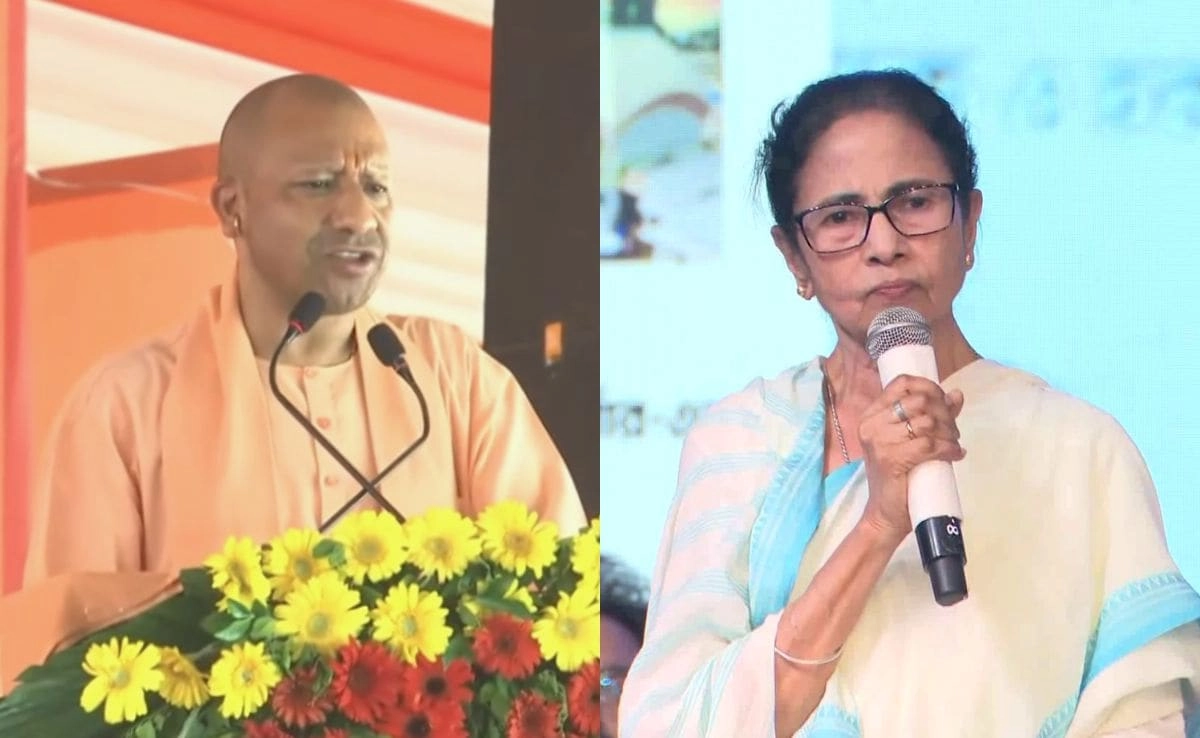During a recent address, Yogi Adityanath, the Chief Minister of Uttar Pradesh, expressed his concerns regarding the violence that erupted in West Bengal during a protest concerning Waqf properties. He referred to the incidents as manifestations of “Laaton Ke Bhoot,” a phrase that metaphorically suggests that those who engage in such violent acts are driven by irrational forces resembling the remnants of past ghosts. This choice of words underscores his belief that the violence is not only unjustifiable but also stems from a deeper societal malaise that needs to be addressed.
The Waqf properties, which are intended for the benefit of the Muslim community, have been a point of contention in various states, including West Bengal. The protests that turned violent indicate a growing frustration over the management and allocation of these properties. Adityanath’s remarks highlight the need for a more constructive dialogue within communities to address grievances rather than resorting to violence. He urged for a peaceful resolution to the issues at hand, emphasizing that such disturbances disrupt societal harmony and create an environment of fear and uncertainty.
Furthermore, Adityanath’s comments reflect a broader political narrative in which the governance of minority properties is often politicized. His administration has taken a strong stance against any form of violence, advocating for law and order as a priority. The incidents in West Bengal serve as a reminder of the challenges that leaders face in managing communal tensions and ensuring that all communities feel secure and represented. With tensions flaring over sensitive issues, the call for unity and dialogue becomes ever more critical in fostering an environment conducive to peace and mutual respect among diverse groups.
In conclusion, Yogi Adityanath’s remarks about the Bengal violence during the Waqf protest serve as a poignant reminder of the ongoing challenges in managing religious and communal tensions in India. His emphasis on rational discourse over violence resonates with the need for effective governance that prioritizes the welfare of all communities. By advocating for peaceful solutions, leaders can work towards healing divisions and building a more inclusive society.




